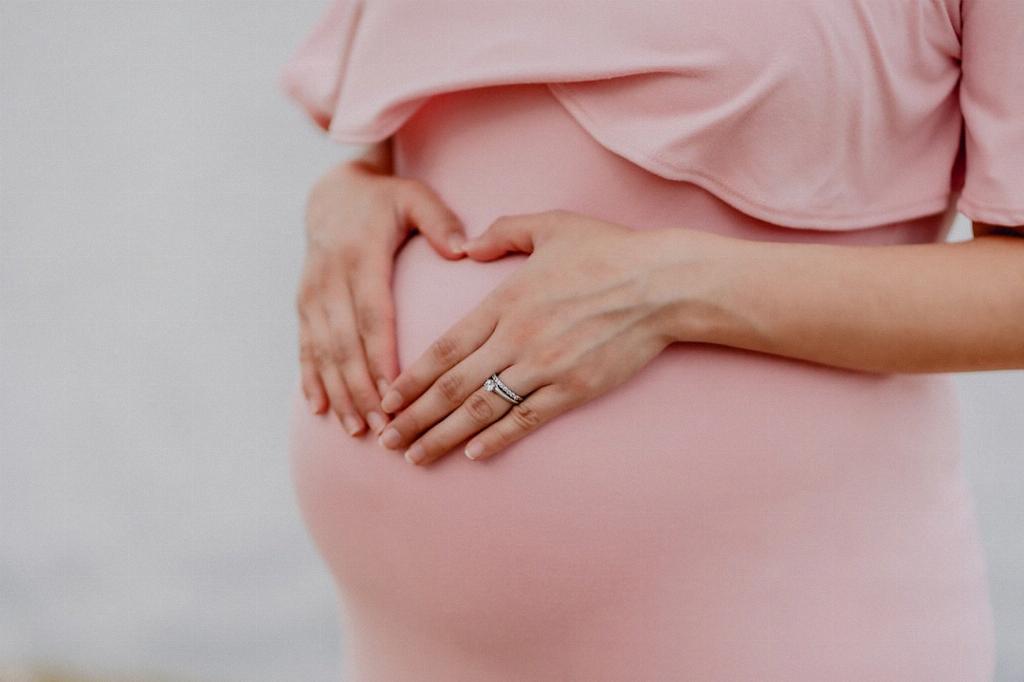During pregnancy, changes in the body can lead to some unusual cravings that may seem out of the ordinary. One such craving that puzzles many is the desire to consume dirt. Known as pica, this phenomenon can raise concerns and questions among expectant mothers and those around them. Understanding the reasons behind this craving is crucial to ensure the well-being of both the mother and the baby.
The Intriguing Phenomenon of Pica
Pica, a condition characterized by cravings for non-nutritive substances such as dirt, chalk, or ice, can affect individuals across various age groups. However, it is commonly observed in children, individuals with developmental disabilities, and notably, pregnant women. The exact cause of pica remains elusive, leading to various theories surrounding this behavior.
Pregnancy and Nutritional Needs
One prevalent hypothesis suggests that pica during pregnancy may be linked to nutritional deficiencies. The body undergoes profound changes during gestation, requiring increased amounts of essential nutrients to support both the mother and the developing fetus. Inadequate intake or absorption of certain vitamins and minerals may trigger unusual cravings in an attempt to fulfill these deficiencies.
Exploring the Emotional and Psychological Aspects
Aside from physiological factors, emotional and psychological aspects may also play a role in the development of pica. Pregnancy can be a time of heightened emotions, stress, and anxiety, which can manifest in unusual behaviors such as craving non-food items. Coping mechanisms and emotional support are essential in addressing these underlying factors.
Cultural and Environmental Influences
Moreover, cultural and environmental influences can shape dietary behaviors and cravings during pregnancy. Societal norms, traditions, and exposure to certain substances may contribute to the acceptance and adoption of consuming non-nutritive items. Understanding the cultural context surrounding pica is vital in providing comprehensive care for pregnant individuals experiencing these cravings.
Risks and Complications of Pica
While the occasional craving for dirt may seem harmless to some, pica poses risks and potential complications, especially during pregnancy. Consumption of non-food items can lead to gastrointestinal issues, nutritional imbalances, and even toxic exposure, jeopardizing the health of both the mother and the baby. Recognizing the seriousness of pica is essential in ensuring appropriate interventions.
Seeking Professional Guidance and Support
If you find yourself experiencing cravings for dirt or other non-nutritive substances during pregnancy, it is crucial to seek guidance from healthcare providers. Open and honest communication about your dietary habits and cravings can help identify any underlying issues that may be contributing to pica. Healthcare professionals can offer personalized advice and support to address these concerns.
Healthy Alternatives and Coping Strategies
Exploring healthy alternatives and coping strategies is paramount in managing cravings for non-food items during pregnancy. Incorporating nutrient-dense foods, seeking professional nutritional guidance, and engaging in activities that reduce stress and anxiety can help redirect cravings towards more wholesome choices. Adopting a holistic approach to well-being is key in promoting a healthy pregnancy.
Supportive Environment and Understanding
Creating a supportive environment where expectant mothers feel understood and validated in their experiences is essential in addressing cravings for dirt or other non-food items. Judgment-free discussions and empathy can foster open communication and encourage individuals to seek the help they need. Building a strong support system during pregnancy is beneficial for both mental and physical health.
Embracing Self-Care and Well-Being
Self-care plays a significant role in navigating the complexities of pregnancy, including managing unusual cravings like pica. Prioritizing self-care practices such as adequate rest, regular physical activity, and mindfulness techniques can enhance overall well-being and contribute to a healthier pregnancy journey. Embracing self-care is an empowering step towards ensuring a positive maternal experience.
Educating and Raising Awareness
Raising awareness about pica and its implications during pregnancy is crucial in dispelling myths and misconceptions surrounding this phenomenon. Educating both expectant mothers and healthcare providers about the potential causes, risks, and management strategies of pica can foster a better understanding of this condition. By increasing awareness, we can promote proactive and informed care for pregnant individuals.
Conclusion
In conclusion, cravings for non-food items such as dirt during pregnancy are a complex phenomenon that can stem from a combination of nutritional, emotional, cultural, and environmental factors. While the exact cause of pica remains uncertain, addressing these cravings with empathy, support, and professional guidance is essential in safeguarding the health and well-being of expectant mothers and their babies. By fostering a holistic approach to care and advocating for awareness and understanding, we can navigate the intricacies of pica during pregnancy with compassion and knowledge.

